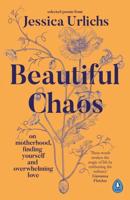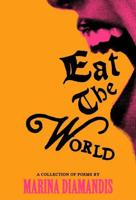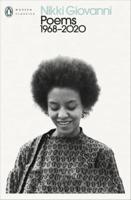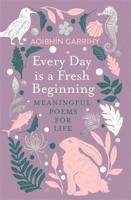Publisher's Synopsis
This book asks questions about storytelling---what stories have we been told, what stories do we tell others, what stories do we even tell ourselves? How do all these stories (even the ones we think we've forgotten) shape us? Are there stories we accept as we grow through different stages of life---and other stories we reject (or think we've rejected)? Spinning across decades, like a false memoir, these poems track the tales and lies and histories and aspirations that shape the lives of everyone . . . and possibly affect the future.
PRAISE FOR PREVIOUS POETRY COLLECTIONS BY W.H. NEW
"Bill New, in these fabulous poems, becomes the stroller in the city, the busy idler, the flaneur. But he is also and always the seeker, the savant, risking night as well as day. He is seduced by the flawed city he dares to love; he invites the reader to an equal daring." ---Robert Kroetsch on YVR
"The title of this book hints at both the complexity and the playfulness of New's vision of the world.... By the end of the collection I felt much as the archaeologist feels, in one of these poems, upon uncovering a language-tree, but even more like the farmer in the same poem who may not always know what he is looking at but recognizes that he is looking at something exceptional." ---Jack Hodgins on Underwood Log
"Musically taut, the poems of Stone Rain return us not only to coastal elements but to the subtle relations between people and the places they happen in or on. These are poems in the largest sense, tuned to the few quick beats in history any of us inhabit." ---Daphne Marlatt on Stone Rain
"In addition to being a call to action, poetry can also be a source of healing. It flies under the radar, nests in the ear, and can alter our chemistry, our way of thinking. How does it do this? It employs rhythmic strategies and economies of language that slow time down, make us wince, curse, laugh, weep or rejoice by using the rhythms of ordinary speech, heightened by syllabic stress patterns, surprising imagery, and acoustic pleasures such as the repetition of vowels and consonants, all of which slow us down, make us pause, consider, and experience what has been called 'felt time.' W.H. (Bill) New delivers much of this verbal richness in spades, not just in poetry, but also throughout his writings. He's always alert to the multiple meanings and connotations in words.... Not surprisingly, given his Protean capacities, he has ... become a prolific and gifted poet." ---Gary Geddes, The Ormsby Review










